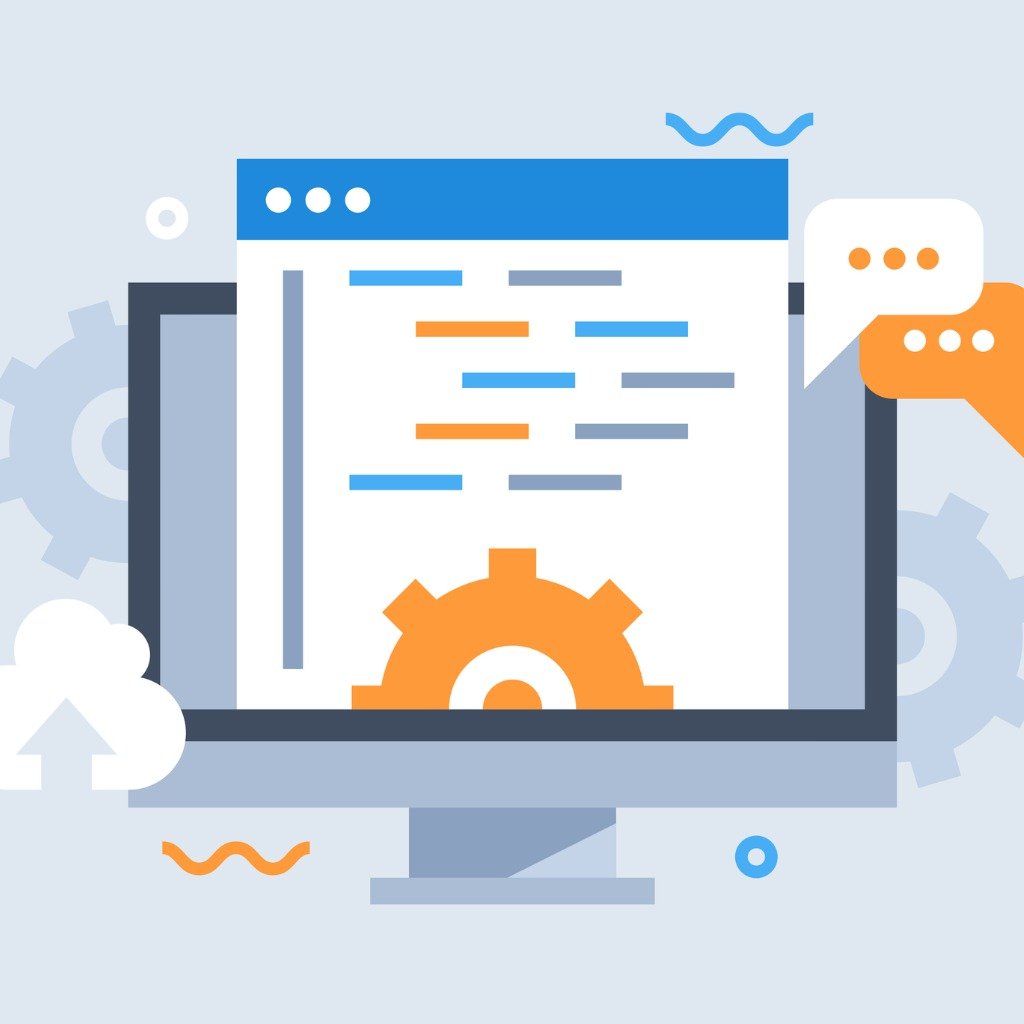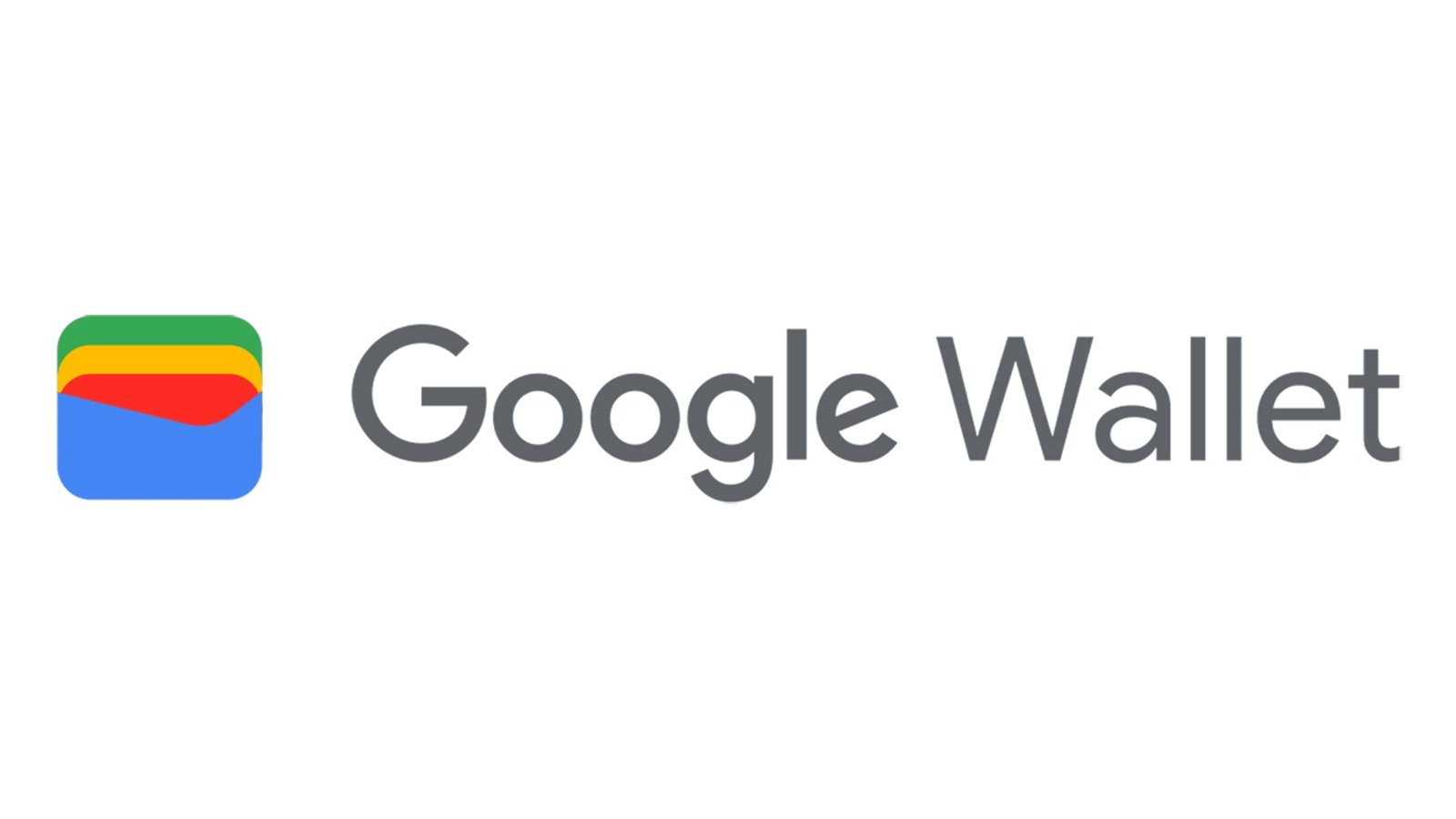Unleash your inner code-cracker and get ready to navigate the treacherous depths of the internet. In the face of ever-evolving algorithms lurks a formidable adversary that has left even the strongest websites trembling in fear. Welcome, dear readers, to the realm of Google Penguin. This elusive and relentless creature has the power to cast websites into the abyss of obscurity with a mere flick of its algorithmic tail. But fear not, for in this article, we shall embark on a daring quest to unlock the secrets of this enigmatic code, empowering you to dodge penalties and conquer the digital landscape. Fasten your seatbelts, and brace yourselves as we embark on a wild adventure to crack the code and claim victory in the realm of Google Penguin.
Table of Contents
- Unraveling the Algorithm: Understanding Google Penguin’s Impact on SEO
- Navigating the Fine Line: Steering Clear of Penalties and Improving Website Rankings
- Insider Tips and Strategies: Decoding Google Penguin for Effective SEO
- Elevate Your Website’s Performance: Best Practices to Outsmart Google Penguin
- Q&A
- Wrapping Up

Unraveling the Algorithm: Understanding Google Penguin’s Impact on SEO
Google Penguin’s algorithm has been a topic of fascination and debate in the world of SEO. Understanding its impact is crucial for anyone who wants their website to rank well on Google. But what exactly is Google Penguin, and how does it affect SEO? Let’s dive into the details and unravel the mysteries behind this infamous algorithm.
1. Google Penguin is an algorithm update introduced by Google in 2012 to combat webspam and unnatural link building practices. Its main purpose is to penalize websites that engage in manipulative tactics to improve their search engine rankings.
2. Unlike its counterpart, Google Panda, which focuses on content quality, Penguin mainly targets the quality of a website’s backlink profile. It scrutinizes the links pointing to a website and assesses their quality, relevance, and naturalness.
3. Getting hit by a Google Penguin penalty can be devastating for a website’s organic rankings. It can lead to a significant drop in visibility and traffic, making it crucial to adhere to Penguin’s guidelines.
4. To avoid Penguin penalties, it’s essential to steer clear of black hat SEO practices such as buying links, participating in link schemes, or using exact match anchor texts excessively. Maintaining a natural and diverse backlink profile should be a priority.
5. Regularly monitoring your website’s backlink profile and conducting link audits can help identify potentially harmful links. Disavowing low-quality or irrelevant links is an important step towards safeguarding your website from Penguin penalties.
6. Building high-quality, authoritative links is key. Focus on creating valuable content that naturally earns links from reputable websites over time. Engaging in guest blogging, social media promotion, and outreach campaigns can also help in acquiring quality backlinks.

Navigating the Fine Line: Steering Clear of Penalties and Improving Website Rankings
Navigating the fine line between improving website rankings and dodging penalties can be a daunting task, especially for beginners. It’s like a tightrope walk where one wrong step can lead to disastrous consequences. But fear not, for we are here to crack the code and master Google Penguin, ensuring your website remains penalty-free and climbs up the search engine ladder.
So, how can you stay on the safe side while optimizing your website? Here are some essential tips to guide you along the way:
– **Quality Over Quantity**: Gone are the days when stuffing your website with keywords would do the trick. Google Penguin demands quality content that provides value to your readers. Focus on creating engaging, informative, and well-researched articles that offer unique insights. This not only keeps your visitors hooked but also signals search engines that your website is an authoritative source. Remember, it’s always better to have a smaller number of high-quality pages than a large quantity of low-quality ones.
– **Natural Link Building**: Building a strong network of backlinks is crucial for improving your website rankings. However, it’s essential to tread carefully. Avoid engaging in shady practices like buying links or participating in link farms. Instead, focus on obtaining natural and organic links from reputable websites. Guest blogging on relevant platforms, collaborating with influencers, or creating shareable content are effective ways to earn valuable backlinks. Remember, it’s not just about the quantity of links but also the quality and relevancy that matter.
Insider Tips and Strategies: Decoding Google Penguin for Effective SEO
Insider Tips and Strategies to Decode Google Penguin for Effective SEO
Google Penguin can be a mysterious beast, but with the right knowledge, you can master it and avoid those dreaded penalties. Here are some insider tips and strategies that will help you crack the code and optimize your website for effective SEO:
- Quality over Quantity: Gone are the days of spammy link building. Google Penguin prioritizes quality over quantity when it comes to backlinks. Focus on building genuine, relevant, and authoritative links that add value to your website. A single high-quality backlink from a trusted source can have a more significant impact than multiple low-quality ones.
- Content is King: Penguin loves great content, and so do your website visitors. Create unique, insightful, and engaging content that resonates with your target audience. Incorporate relevant keywords naturally, but avoid keyword stuffing. High-quality content not only boosts your search rankings but also encourages other websites to link to you, improving your link profile.
- Watch Your Anchor Text: Be mindful of your anchor text distribution. Penguin penalizes websites with over-optimized anchor text. Opt for a natural mix of branded, generic, and partial-match anchor texts when building backlinks. This diverse linking strategy signals to Google that you’re not trying to manipulate search rankings.
- Regular Link Audits: Conduct regular link audits to identify and eliminate toxic or low-quality links that could harm your SEO efforts. Tools like Google Search Console and third-party services can help you analyze your backlink profile for any suspicious links. Removing harmful links and disavowing them will prevent any potential penalties from Google Penguin.
- Stay Updated with Algorithm Changes: Google’s algorithms, including Penguin, are continuously evolving. Stay informed about algorithm updates to adapt your SEO strategies accordingly. Engage with SEO communities, follow industry blogs, and attend webinars where you can learn about the latest changes and how they may impact your website’s performance.
- User Experience Matters: Google wants to deliver the best experience to its users, and so should you. Focus on enhancing your website’s user experience by improving page load speeds, optimizing for mobile devices, and ensuring easy navigation. A user-friendly website not only boosts your SEO but also helps in attracting and retaining visitors.
By implementing these insider tips and strategies, you’ll gain a better understanding of Google Penguin and its impact on SEO. Remember, cracking the code requires continuous learning and adaptation. Stay proactive, embrace the changes, and watch your website soar in search rankings!

Elevate Your Website’s Performance: Best Practices to Outsmart Google Penguin
In the dynamic world of website optimization, staying ahead of Google Penguin can feel like cracking a secret code. But fear not, as we unveil the best practices that will masterfully guide you in this endeavor, ensuring your website dodges any penalties along the way.
1. Create High-Quality Content: Content is king, and quality reigns supreme. Produce fresh, engaging, and original content that offers value to your audience. Say goodbye to keyword stuffing and hello to informative pieces that naturally incorporate relevant keywords.
2. Build Organic Backlinks: Quality over quantity is the name of the game. Focus on earning organic backlinks from trusted websites in your niche. Foster relationships through guest posting, influencer collaborations, or creating irresistible link-worthy content that others can’t help but share.
3. Optimize Your Website’s Speed: A sluggish website can negatively impact user experience and search rankings. Ensure your site loads quickly by optimizing images, minimizing plugins, and leveraging browser caching. Examine your site’s speed regularly using tools like Google PageSpeed Insights to identify areas for improvement.
4. Embrace Mobile-Friendliness: With mobile devices dominating internet usage, a mobile-friendly website is a must. Optimize your site’s design to adapt seamlessly across various screen sizes. Responsive design ensures your content is accessible and user-friendly on desktops, tablets, and smartphones.
5. Monitor Your Link Profile: Regularly review your website’s link profile to identify and disavow any toxic or spammy links that may harm your rankings. Tools like Google Search Console and Moz’s Link Explorer can provide valuable insights into your backlink profile and help you make informed decisions to maintain a healthy link ecosystem.
Remember, Google Penguin is an algorithm that rewards websites with ethical practices, so play by the rules to outsmart and retain its favor. By implementing these best practices, you’ll elevate your website’s performance and conquer the virtual landscape with finesse!
Q&A
Q: What is “” all about?
A: “” is an article that aims to unravel the secrets behind Google Penguin algorithm and provide readers with tips and strategies to avoid penalties.
Q: Why is it important to understand Google Penguin?
A: Understanding Google Penguin is crucial for website owners and online businesses as it directly affects their search engine rankings. By mastering the algorithm and dodging penalties, one can ensure their website remains visible and relevant in search results.
Q: What is Google Penguin and how does it work?
A: Google Penguin is a complex algorithm designed to penalize websites that engage in manipulative link building practices or have spammy content. It assesses the quality and relevance of backlinks pointing to a site, determining its credibility and trustworthiness.
Q: What are the consequences of being penalized by Google Penguin?
A: When penalized by Google Penguin, a website’s search engine rankings can drastically decrease or even be removed from search results altogether. This can have a significant impact on its visibility, organic traffic, and business success.
Q: What are some strategies to master Google Penguin and avoid penalties?
A: The article suggests various strategies to crack the Google Penguin code, such as focusing on creating high-quality, relevant content, conducting regular link audits to remove harmful backlinks, building organic and natural backlinks, and staying up to date with the latest SEO best practices.
Q: Can you provide some tips on building organic backlinks?
A: Certainly! Some tips for building organic backlinks include creating exceptional and shareable content, engaging with influencers and relevant communities, guest blogging on reputable websites, and leveraging social media platforms to promote content and gain visibility.
Q: Are there any common mistakes that website owners should avoid to dodge Google Penguin penalties?
A: Yes, the article highlights several common mistakes to avoid, like participating in link schemes, purchasing backlinks, keyword stuffing, and using irrelevant anchor text. These practices can often trigger penalties from Google Penguin and harm a website’s rankings.
Q: How often does Google update the Penguin algorithm?
A: Google does not provide a fixed schedule for Penguin algorithm updates. However, historically, it has received several updates since its initial release in 2012. Website owners should remain vigilant and adapt their strategies accordingly to navigate these updates successfully.
Q: Is there anything else website owners should be aware of regarding Google Penguin?
A: Yes, it’s important for website owners to continually monitor their backlinks, regularly audit their website for any potential issues, and prioritize user experience and quality content when optimizing for search engines. Keeping up with industry trends and adapting to algorithm changes is crucial for long-term success.
In Retrospect
As we bid adieu to the captivating journey of unraveling the enigma that is Google Penguin, it becomes apparent that cracking the code requires both finesse and vigilance. The dance between websites and search engines seems more intricate than ever, as we strive to dodge the penalties that loom ominously above.
With every algorithm update, Google pushes us to transcend the shallow realms of keyword stuffing and blackhat techniques, inviting us to embrace a new era of authenticity and user-centricity. The secret to mastering Google Penguin lies in a delicate balance between technical prowess and quality content that captivates both heart and mind.
As we navigate these treacherous waters, let us fondly remember the mistakes made, the lessons learned, and the resilience that has paved our path. The clandestine world of SEO, where codes are cracked and penalties dodged, demands nothing less than our unwavering dedication to the pursuit of a higher digital realm.
We emerge from this gripping journey armed with a newfound knowledge of the ever-evolving algorithms, ready to adapt and evolve alongside them. The elusive nature of Google Penguin challenges us to remain ever-attentive, forever treading carefully as we build our online empires.
Just as a skilled contortionist molds their body to fit through the narrowest of openings, so must we mold our strategies, adapting and shaping them to satisfy the insatiable appetite of the all-seeing Google. Only then can we dance gracefully with the penguin, unhindered by penalties and restrictions that serve as barriers to success.
So let these words serve as a reminder, an echo in the vast expanse of the digital realm: mastering Google Penguin requires more than a mere decoding of its intricate algorithms. It necessitates an embrace of creativity and ingenuity, a harmonious balance between technique and authenticity. With these tools in hand, we can continue our quest towards digital greatness, ready to face any challenge that lies ahead.

